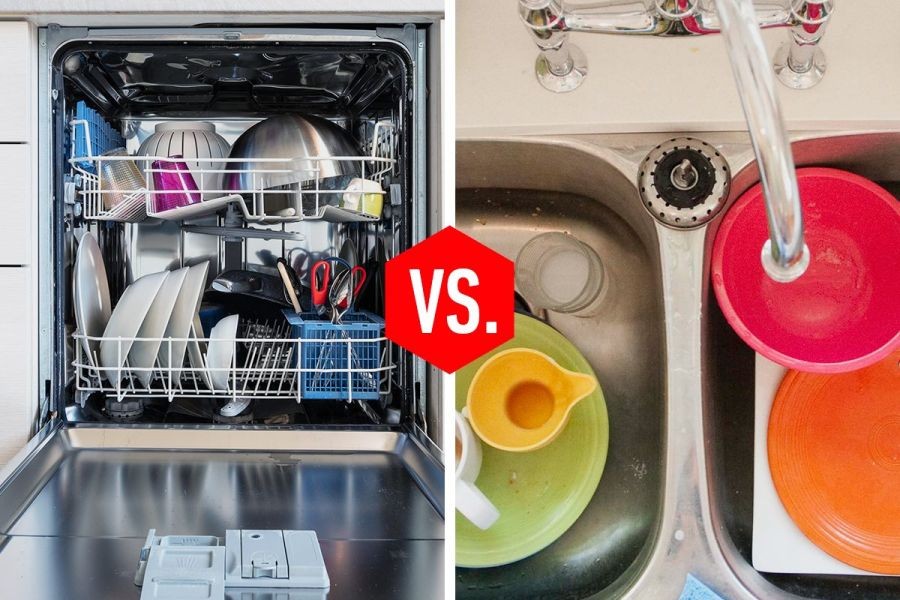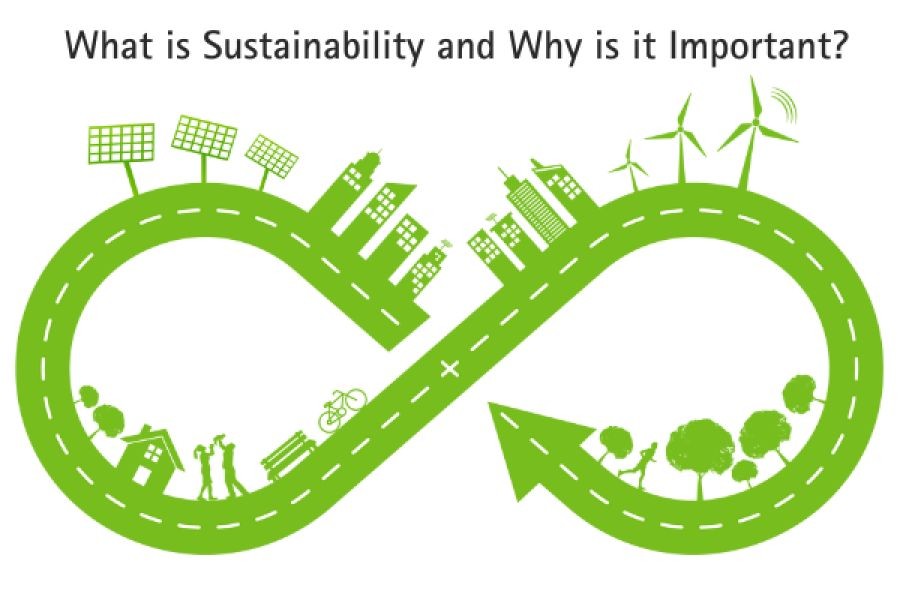In an era where sustainability and economic efficiency are at the forefront of consumer decisions, the debate between the energy cost of using a dishwasher versus handwashing dishes is more pertinent than ever. This issue resonates strongly in Australia, where energy costs are a significant concern for households striving to reduce their carbon footprint while balancing their budgets. Let's delve into the surprising energy implications of these two common dish-cleaning methods and uncover insights that could reshape how Australians approach daily household chores.
The Energy Cost Debate: Dishwasher vs. Handwashing
As Australians become increasingly conscious of their environmental impact, understanding the energy consumption differences between dishwashers and handwashing is crucial. According to the Australian Bureau of Statistics (ABS), household appliances account for approximately 30% of a household's energy usage, with dishwashers being a notable component of this figure.
The Efficiency of Dishwashers
Modern dishwashers have evolved significantly, boasting energy-efficient designs that can rival traditional handwashing methods. According to the Department of Industry, Science, Energy, and Resources, contemporary dishwashers use about 11-13 litres of water per cycle, compared to handwashing, which can use up to 40 litres for a full load of dishes. This stark contrast highlights the potential for significant water conservation—a critical consideration in drought-prone regions of Australia.
Moreover, dishwashers can heat water more efficiently than most residential water heaters, leading to less energy consumption per wash. This efficiency is bolstered by the Energy Star ratings, a government-backed labelling program that identifies appliances meeting high energy-saving standards.
Handwashing: The Traditional Approach
Despite the advancements in dishwasher technology, many Australians still prefer handwashing due to perceived cost savings and flexibility. The Australian Competition and Consumer Commission (ACCC) notes that handwashing gives individuals complete control over water temperature and duration, which can be advantageous for smaller loads or delicate items.
However, the reality is that handwashing often results in higher water and energy use, especially if the water is kept running throughout the process. The key to reducing energy consumption when handwashing is adopting efficient practices, such as using a basin and avoiding excessive rinsing.
Real-World Case Studies: Efficiency in Action
Case Study: The Sustainable Home in Sydney
In a recent initiative, a Sydney household undertook a trial to quantify the energy savings from switching to a high-efficiency dishwasher from handwashing. The household, previously consuming approximately 200 litres of water weekly for dishes, reduced this to 70 litres after transitioning to a dishwasher.
Result: The family reported a 25% reduction in their monthly water bill and an 18% decrease in their electricity costs within three months. This case underscores the potential financial benefits of adopting modern appliances.
Case Study: Melbourne's Green Building Initiative
Melbourne's Green Building Initiative, a project aimed at reducing the carbon footprint of residential buildings, included the installation of energy-efficient dishwashers in apartment complexes. The initiative's goal was to assess the broader impact of appliance upgrades on energy consumption.
Result: Over a year, buildings equipped with these dishwashers saw a 20% reduction in energy consumption related to dish cleaning compared to complexes relying on handwashing. This initiative illustrates how strategic upgrades can drive substantial environmental and economic benefits.
Pros and Cons: Dishwasher vs. Handwashing
✅ Pros of Using a Dishwasher:
- Water Efficiency: Uses significantly less water compared to handwashing.
- Energy Savings: Modern dishwashers are designed to conserve energy.
- Convenience: Saves time and effort, especially for large households.
- Hygiene: High-temperature cycles can kill more bacteria than handwashing.
❌ Cons of Using a Dishwasher:
- Initial Cost: Higher upfront investment compared to handwashing supplies.
- Space Requirement: Not suitable for small kitchens or apartments.
- Maintenance: Requires regular cleaning and potential repairs.
✅ Pros of Handwashing:
- Flexibility: Ideal for washing small loads or delicate items.
- Lower Initial Cost: Minimal startup cost.
❌ Cons of Handwashing:
- High Water Usage: Can use up to four times more water than dishwashers.
- Time-Consuming: Requires more effort and time commitment.
- Less Hygienic: Lower water temperatures might not kill bacteria effectively.
Common Myths & Mistakes
Myth vs. Reality
Myth: "Dishwashers are energy hogs."
Reality: Modern dishwashers are highly efficient, often using less energy than handwashing when used correctly. According to the RBA, energy-efficient models can reduce energy consumption by up to 50%.
Myth: "Handwashing is always cheaper."
Reality: While the initial cost of handwashing might be low, the ongoing cost of water and energy often surpasses that of using a dishwasher.
Myth: "All dishwashers are the same."
Reality: Energy Star-rated dishwashers can be significantly more efficient, both in water usage and energy consumption, compared to older models.
Future Trends & Predictions
The future of dishwashing in Australia looks promising, with innovations geared towards even greater efficiency. By 2026, it's expected that over 60% of Australian households will transition to smart dishwashers that integrate with home energy management systems, optimizing their operation times based on energy tariffs and usage patterns. This shift reflects broader trends towards smart home technologies and renewable energy integration, as supported by research from CSIRO.
Conclusion
As Australians continue to navigate the complexities of environmental responsibility and economic practicality, the choice between using a dishwasher and handwashing is more than just a household chore—it's a decision that impacts both the planet and the pocketbook. The data clearly shows that modern dishwashers, when used efficiently, can offer substantial energy and water savings. For those ready to make the switch, the benefits are clear: reduced utility bills, lower environmental impact, and more time for what truly matters.
Call to Action: Whether you're considering an upgrade or looking to optimize your current dishwashing practices, now is the time to act. Explore energy-efficient appliances or implement water-saving techniques today and be part of Australia's sustainable future. Have you made the switch? Share your experiences in the comments below!
People Also Ask (FAQ)
- How does using a dishwasher impact energy consumption in Australia?Using a dishwasher can significantly reduce energy consumption compared to handwashing, especially with modern energy-efficient models, which can save up to 50% of energy use, as reported by the RBA.
- Are dishwashers more cost-effective than handwashing in the long term?Yes, despite higher upfront costs, dishwashers can be more cost-effective due to lower water and energy usage, leading to reduced utility bills over time.
- What are the best practices for reducing energy use when handwashing dishes?Use a basin to minimize water use, avoid letting the tap run continuously, and wash dishes in batches to maximize efficiency.
Related Search Queries
- Energy-efficient dishwashers Australia
- Handwashing vs. dishwasher energy use
- Water-saving tips for Australian households
- Best dishwashers for energy efficiency 2024
- Reducing utility bills in Australia
- Environmental impact of dishwashing methods
- Smart home appliances Australia
- Energy conservation tips for Australians
- Top-rated dishwashers in Australia
- How to save water in Australian homes

































timothygranger
4 months ago